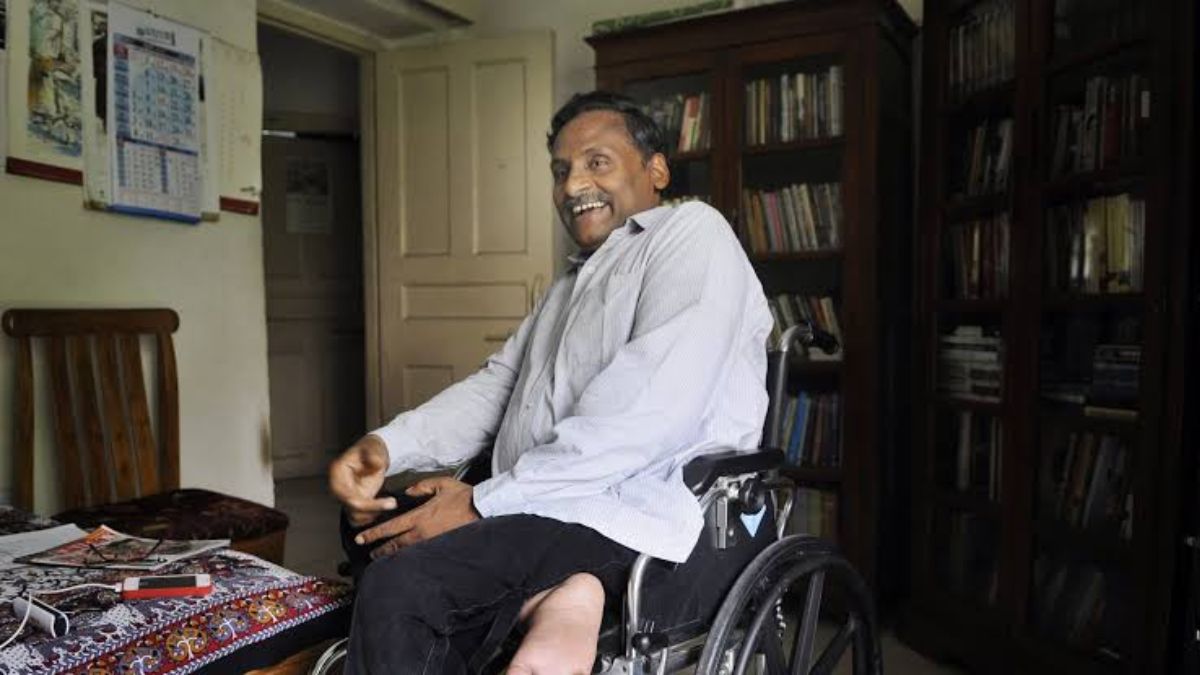- By Vivek Raj
- Tue, 05 Mar 2024 11:17 AM (IST)
- Source:JND
The Nagpur bench of the Bombay High Court made a significant decision on Tuesday by setting aside the conviction of former Delhi University Professor GN Saibaba and five others in an alleged Maoist-links case under the Unlawful Activities Prevention Act (UAPA). The judgment was delivered by a division bench comprising Justice Vinay Joshi and Justice Valmiki SA Menezes.
GN Saibaba, aged 54, is wheelchair-bound and suffers from 99 percent disability. He is currently incarcerated in Nagpur Central Jail.
The case dates back to 2014 when GN Saibaba and his co-accused were arrested on charges of having links with Maoist organisations and waging war against India. The prosecution contended during the trial at the Sessions Court in Gadchiroli, Maharashtra, that the accused were working for the banned CPI (Maoist) group through front organisations like RDF.
ALSO READ: NIA Raids Multiple Locations Across Seven States In Connection With Prison Radicalisation Case
The prosecution relied on evidence, including seized pamphlets and electronic material deemed as anti-national, allegedly found in Gadchiroli at the behest of GN Saibaba. It was further alleged that Saibaba handed over a 16GB memory card intended for Naxalites sheltering in the Abuzmad forest area.
In March 2017, the accused were convicted under sections 13, 18, 20, 38, and 39 of the UAPA and 120-B of IPC. However, one of the accused, Pandu Pora Narote, passed away in August 2022. The other accused include Mahesh Tirki, Hem Keshwdatta Mishra, Prashant Rahi, and Vijay Nan Tirki.
In 2022, another bench of the Bombay HC set aside the conviction based on procedural grounds. Justices Rohit Deo and Anil Pansare held the trial void due to the absence of a valid sanction under section 45(1) of the UAPA. The court highlighted the importance of procedural compliance in terrorism-related cases and underscored that departures from due process could foster an environment conducive to terrorism.
Later, the Supreme Court overturned this decision in response to a plea filed by the Maharashtra government challenging the acquittal. The apex court directed the Bombay High Court to reevaluate the case afresh.
